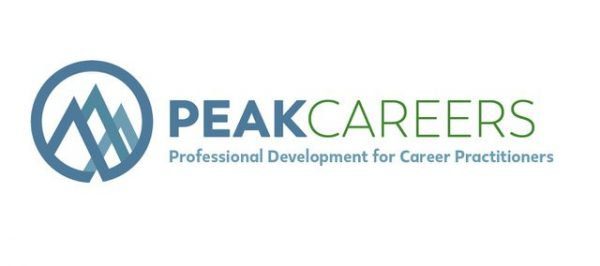How do you find that “sweet spot” when working with midlife career changes? Well, my advice is no different than what I often discuss with college students: “What do you bring to the company or organization that you want to work for?”
The biggest difference for midlife career changers is that they have an opportunity to look back on their lives and years of experience with deeper knowledge and perspective. Whether they want to leave jobs that they’ve held for many years or find meaningful activities to do with their forty hours per week, most of them still want to make an impact somehow. Our role as a career coach or practitioner is to open up discussions to help people find that “‘sweet spot”, and to help them identify and articulate those key pieces that are important to them.
I love using card sorts as a way to get my clients thinking about skills, passions, interests, strengths, and/or values, and then begin to think about prioritizing and connecting the dots between these various areas. The cards are a kinesthetic way of getting their heads away from the idea that an occupation is what they’re looking for. It allows them to really look at what is truly important to them, and to consider what they bring to the table that will then generate discussion and greater thinking.
In my current Boomer online seminar, we have used cards to look at passions, strengths, and concerns. We’ve also used an online assessment which helps people to determine what values they want to focus on in the near future. When working with passions, I like to explore if there was a passion that they always wanted to pursue, but their job got in the way. Is there a new passion they discovered by chance in their own career development, through their social connections, or just through curiosity? The questions for these people are: “What are you passionate about? How can you explore it more deeply?”
When we look at strengths using the cards, the challenge is to look beyond the top strengths that they developed in their current job. The objective is to also explore some skills that may have been untapped in their work that they could bring to a company or an organization.
The values discussion is often interesting as the assessment I use online does not rate which values are important to the client, but which ones need work right now. Most people know what is important to them at some level, but this discussion is really about where are they going to put their energy now to focus on their values. One client I work with wanted to do something to contribute to his local community but didn’t want to be tied to a specific time each week or day. What we discovered was that by raising his chickens, collecting eggs and donating them to the local food pantry, he was using his time the way he wanted but was still able to contribute to his local community in a positive way.
I’ve found that by spending one week on strengths, another week on passions or interest, and one more week on values, my clients then have a chance to process and think about each of them separately. Then our work begins to connect these different areas to find that “sweet spot” for his / her next move, whether it’s paid or volunteer. Remember that you might be the first person to ask these questions, and to initiate discussions which are often very thought-provoking for your clients. I’m working with a client now in one of the mid-Atlantic states, and I’m always so impressed with how much thinking he has done each week.
So when working with clients keep in mind that whatever their next move is, it is likely to involve trying to find that “sweet spot” between passions, strengths, and values. The power of the discussion is that this is where much of the thinking happens. Our job as coaches is to help them find words that mean something to them and to help them find ways to group them together in meaningful ways that make sense to them.
What do you do to help your clients find the “sweet spot?”
———————————
Jim Peacock is the Principal at Peak-Careers Consulting and writes a monthly newsletter for career practitioners. Peak-Careers offers discussion-based online seminars for career practitioners focused on meeting continuing education needs for CCSP, GCDF and BCC certified professionals as well as workshops for career practitioners and individual career coaching. He is the author of A Field Guide for Career Practitioners: Helping Your Clients Create Their Next Move
Sign up here to receive my TOP 10 TIPS WHEN WORKING WITH AN UNDECIDED PERSON. You can also receive the career practitioners newsletter which includes a variety of career topics, industry news, interesting events, and more.




Leave a Reply